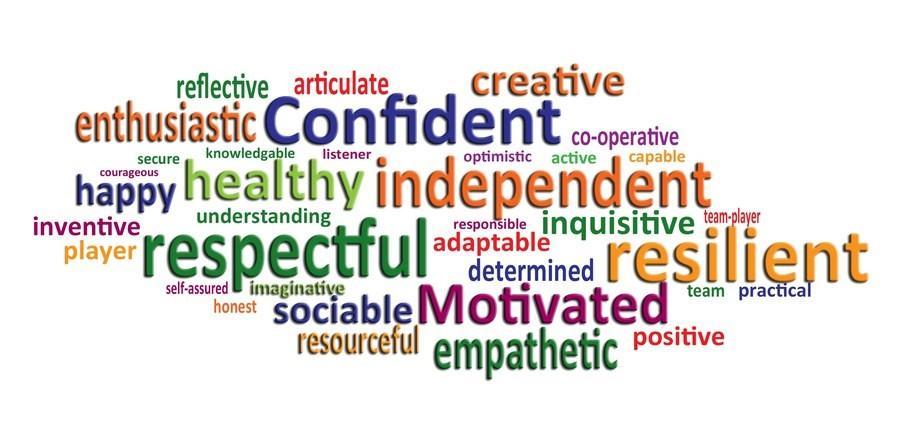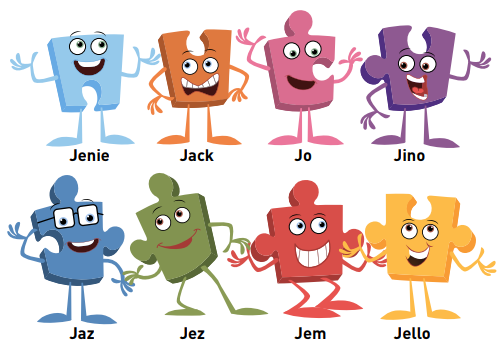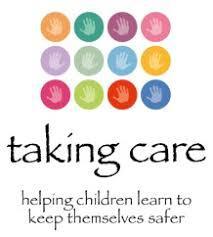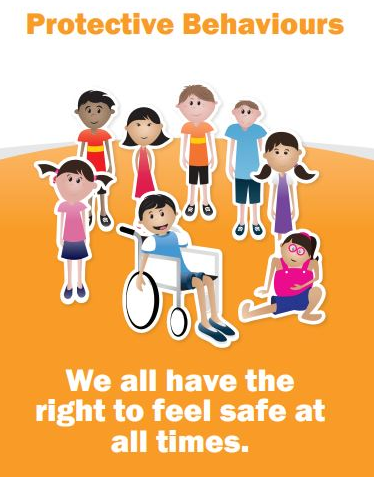Our Champion of PSHE – Harmonious Harriet

Personal, Social, Health and Economic (PSHE) Education
At Cawston Grange Primary School, the intent of our Personal, Social, Health, and Economic (PSHE) education is to empower every child to develop the knowledge, skills, and attributes they need to thrive as individuals, family members, and responsible citizens in a rapidly changing and diverse society. Our PSHE curriculum prioritises pupils’ well-being, happiness, and safety while fostering their ability to take risks in learning and life.
Aligned with the statutory guidance, our PSHE curriculum follows a progressive, age-appropriate structure. It is tailored to meet the needs of all learners and integrates opportunities for cross-curricular connections through subjects such as Computing, PE, and Science. Practical and interactive lessons provide children with tools to navigate real-life issues while preparing them for the diverse society we live in.
Our vision is that children leave Cawston Grange Primary School as confident, healthy, and compassionate individuals prepared to contribute to their community and the wider world. PSHE plays an integral role in this, helping pupils understand how to maintain healthy lifestyles and relationships, explore fundamental British Values, and develop an understanding of themselves and others.
Our PSHE curriculum lays the foundation for a future of opportunity, contribution, and well-being, helping children to work together in harmony while respecting others and preparing them for the community they live in now and in the future.

PSHE at Cawston Grange Primary School
At Cawston Grange Primary School we teach our PSHE through a scheme called Jigsaw.
Every class has their own unique Jigsaw character:

Reception – Jenie
Year 1 – Jack
Year 2 – Jo
Year 3 – Jino
Year 4 – Jaz
Year 5 – Jez
Year 6 – Jem
Jigsaw is taught in a spiral and progressive way. There is a strong emphasis on emotional literacy, building resilience and nurturing mental and physical health. Additionally, Jigsaw lessons include mindfulness, allowing children to advance their emotional awareness, concentration and focus.
By using Jigsaw we aim to help our pupils know and value who they really are and how they relate to other people in this ever-changing world.
There are 6 Jigsaw Puzzles (units), which are designed so the school can study the same learning themes at the same time. Each Puzzle has 6 Pieces (lessons) which work towards an end product. Every Piece has two Learning Intentions; one specific to PSHE learning and the other is designed to develop emotional literacy and social skills.
The Six Puzzles:
Aut 1 – Being Me in My World
This includes understanding my own identity and how I fit well in the class, school and global community
Aut 2 – Celebrating Difference (including anti-bullying)
This includes anti-bullying and understanding
Spr 1 – Dreams and Goals
This includes goal-setting, aspirations, who do I want to become and what I would like to do for work and to contribute to society
Spr 2 – Healthy Me
This includes drugs and alcohol education, self-esteem and confidence as well as healthy lifestyle choices, sleep, nutrition, rest and exercise
Sum 1 – Relationships
This includes understanding friendship, family and other relationships, conflict resolution and communication skills, bereavement and loss
Sum 2 – Changing Me (including Puberty and Human Reproduction Education)
This includes Relationship and Sex Education in the context of coping positively with change
Taking Care (Protective Behaviours)

All children have a unit of work called ‘Taking Care’ which will be completed in the Autumn term. The Taking Care scheme aims to improve the safety and well-being of children in Warwickshire by teaching them to keep themselves safer in a variety of situations.
Protective Behaviours (PB’s) is a safety awareness and resilience building programme which helps children and adults to recognise any situation where they feel worried or unsafe, such as feeling stressed, bullied or threatened and explores practical ways to keep safe. Protective Behaviours also looks at identifying support networks for times when we need someone to listen and help.
Protective Behaviours is based on two key messages:
We all have the right to feel safe all of the time
We can talk with Someone about Anything, even if it feels awful or small
Protective Behaviours is a practical down to earth approach to personal safety. It is a process that encourages self-empowerment and brings with it the skills to raise self-esteem and to help avoid being victimised. This is achieved by helping individuals to recognise and trust their intuitive feelings (Early Warning Signs) and to develop strategies for self-protection.
The Protective Behaviours process encourages an adventurous approach to life that satisfies the need for fun and excitement without violence and fear.
Further information and a national practice sharing forum can also be found at below by clicking on the Taking Care link.

PSHE Association Curriculum Key Stages 1-5
PSHE Association Programme Of Study For PSHE Education (Key Stages 1–5), Jan 2020
